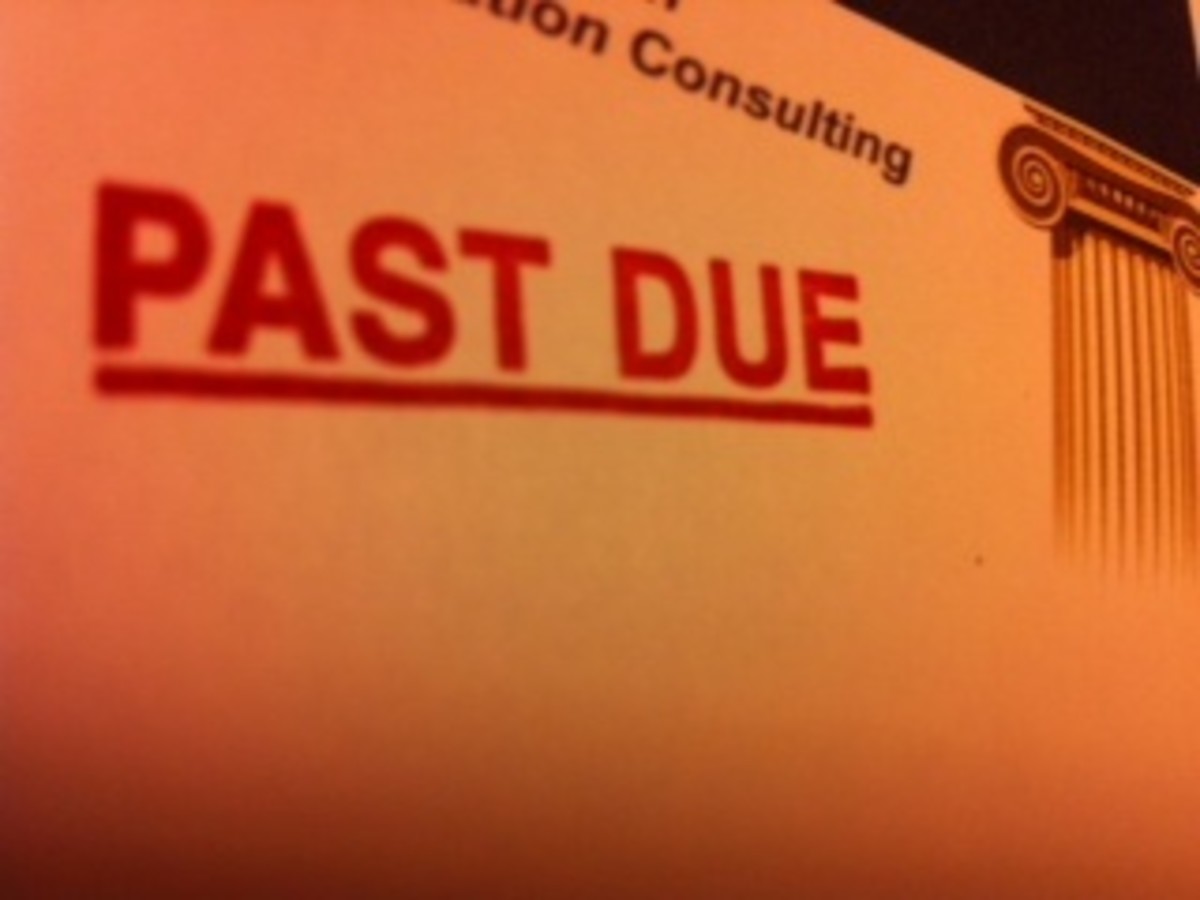What It Means to Be Judgment Proof

If you owe old debts and a collection agency has notified you of its intent to sue you for the amount that you owe, being judgment proof can protect you from the nasty consequences of a collection agency lawsuit. Judgment proof individuals don’t have to worry about such unpleasant circumstances as wage garnishment, property liens or bank account garnishment from debt collectors.
Judgment Proof Individuals Can Still Have a Judgment Levied
The term “judgment proof” does not mean that a court does not have the authority to grant a collection agency or other private creditor a judgment against you. Should the creditor sue, the court will decide in favor of the party that can present the greatest amount of evidence to support its claim. If you don’t show up in court, the creditor will win the lawsuit by default. This is known as a “default judgment.”

Judgments are detrimental to your credit rating and can remain on your credit report for seven years. If you are unlucky enough to live in a state in which the statute of limitations for judgment collection is longer than seven years, The Fair Credit Reporting Act states that the judgment can appear on your credit report for the length of time that your state allows the judgment to be enforced--whether or not you can pay it. This can result in a judgment after a lawsuit hanging around on your credit report for much longer than the standard seven year reporting period.
No Legal Consequences for Judgment Proof Consumers
Judgment proof consumers can still have a judgment levied against them, they simply cannot be forced to pay the judgment. Wage garnishment allows creditors to garnish an employee’s wages, but only if the debtor is employed, the creditor knows where the debtor works and the debtor makes enough money to make wage garnishment legal. The Consumer Credit Protection Act prevents creditors from garnishing wages from individuals whose income falls below a federally mandated threshold.
Unemployed individuals may be judgment proof, even if they receive income from an alternate source. Social Security, unemployment checks, welfare and other government benefits aren’t considered garnish able income for a collection agency--even if it won a judgment against the debtor. Keep in mind, however, that if you owe a debt to the federal government, the government will be more than happy to withhold a portion of your federal benefits as payment--regardless of your income level.
In addition to consumers who are unemployed or receive government benefits, consumers who do not own property such as a home or car are exempt from property liens.

Judgments and Collection Type
A consumer may be immune to one form of judgment collection yet be liable to another. An example is an individual who is currently unemployed yet owns a home. Technically, this consumer is not judgment proof. Although a collection agency cannot hope to obtain a wage garnishment against him, it can still attempt to place a property lien against his home.
In addition, the fact that the individual is not currently working doesn’t mean that he doesn’t have money in his checking or savings account. As long the money in his bank accounts isn’t exempt from garnishment, such as child support payments or government benefit checks, the collection agency may request a bank account garnishment and seize his checking accounts. Should the individual find employment in the future while the judgment is still valid in his state, the creditor may then refile with the court for a wage garnishment order.
- The Wage Garnishment Process and Collections: Can a Debt Collector Garnish Wages Over an Unpaid Debt
Wage garnishment is commonly threatened by debt collectors over an unpaid debt, but certain legal requirements must be met before garnishment can occur.

The True Judgment Proof Debtor
A true judgment proof debtor is not employed and has no future plans of being employed, lives on government benefits and has no funds in his or her checking or savings accounts that did not stem directly from exempt funds.
Before you deduce that judgment proof individuals are simply stealing from the government and avoiding their financial obligations, consider this: the elderly are the largest group of judgment proof debtors due to the fact that so many elderly individuals’ monthly incomes are based solely on exempt funds such as Social Security.

Avoiding a Judgment
If a collection agency knows ahead of time that it will be unable to use the legal force behind a judgment to collect a debt, it is unlikely to follow through with the expense of a lawsuit. Notifying the collection agency of your judgment proof status is crucial to preventing a lawsuit.
- Being Judgment Proof Can Stop a Collection Agency Lawsuit
A debtor has little to fear from a collection agency lawsuit if he is judgment proof, and the debt collector cannot legally enforce a judgment.






